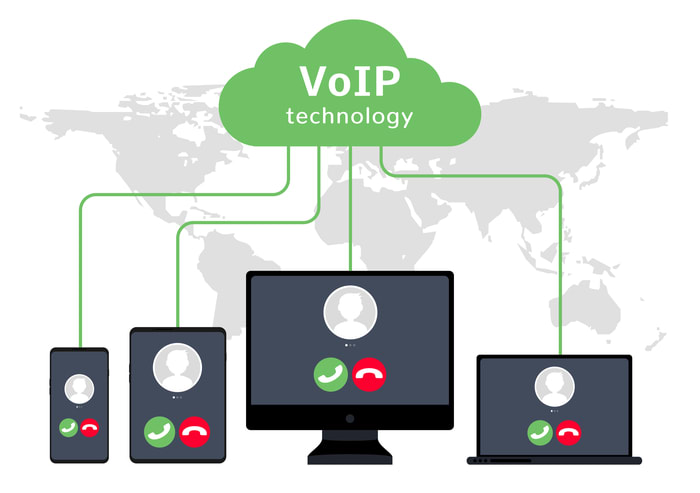Ditch Your Landline, Save Money
More than half of American households have wireless service only. It almost goes without saying, but we’re dropping our landlines en masse. And it makes sense. Landlines are a dying breed with service lagging and the cost not keeping up with the value we expect from consumer services in 2020. Just as rotary phones went out for touchtone, anything with a cord -- be it in or outside of your home -- isn’t really necessary. Get out of the 1990s while the getting is good.

While we spend an average of $94 a month on mobile phone service, as of 2017, we’re getting a lot more from that outlay than just the ability to make phone calls. We effectively have computers in our pockets that facilitate everything from communication to entertainment to daily activities such as paying bills and work. So it’s more a monthly necessity than expense you could do without.
The monthly charge for landline service only just doesn’t add up, which is probably why cable and telecommunications companies encourage bundling. This is a great way for them to sneak obsolete landline service in as some sort of value add. It might work for you if you’re also a cable, internet and/or mobile phone service customer, but don’t simply assume that bundling is a good option just because the carrier made you a seemingly attractive offer.
All of this said, there’s a chance you feel comfortable having a traditional telephone setup in your home. This is nothing to feel ashamed of or outdated about. You can do this with or without a smartphone. You can definitely do this without a landline. In fact, if you have a landline you’re throwing money away. There is literally no need whatsoever to have a landline given the free or close-to-free technology you can easily access right away.
Enter VoIP (Voice over Internet Protocol)
Within the context of how you’ll utilize it in your home, Voice over Internet Protocol (VoIP) is simply telephone service delivered via the internet. Already implemented widely in businesses across the globe, setting up VoIP in your home most likely will require less time and effort than dealing with the phone company for standard phone service.
While you do need an internet connection, you likely already have one in your home. From there, most VoIP carriers provide free or very low-cost calling. Not only can you make local calls, but you can dial internationally for free or a nominal charge. From this page, you can learn about VoIP providers and compare free plans to packages that include options such as unlimited and international calling.
You’re in good company. As of 2014, more than 53 million residential households subscribe to VoIP service. It’s a growing market that is quickly displacing landline market share.
VoIP Considerations
A few things to keep in mind as you evaluate making the switch to VoIP service.
First off, you do need electricity to power VoIP given that your internet powers VoIP. Therefore, if you experience a power outage, you’ll lose that telephone service whereas you could have access to landline calling without power. That said, if you own a cell phone -- even as an emergency backup -- keep it charged to 100% ensuring you’re good to go the next time you experience a blackout.
Second, there’s uncertainty around how your VoIP provider will route 911 emergency calls. There’s a chance a 911 call will go somewhere other than your local 911 dispatcher. You can do things to make sure your 911 calls go to the right place. The Federal Communications Commission (FCC) suggests providing your physical address to your VoIP provider to increase the chance of properly routing your calls. But, bottom line, if you call 911 via a VoIP setup, be clear about where you are and what you need so that the person on the other end of the line can quickly and efficiently route your call.
Third, while VoIP tends to produce crystal clear connections and call quality, it ultimately depends largely on the quality of your internet connection. If your internet speed lags, VoIP calls could suffer. However, with a reliable and strong internet connection VoIP call quality can supercede landline and mobile phone conditions.
Most of all, do your homework. Review offers from this page that allow you to compare service. If you only call inside North America, you’ll go for a different plan than someone with relatives abroad would opt for. That’s the beauty of VoIP service through most carriers; you can customize it to meet your situation’s needs.

